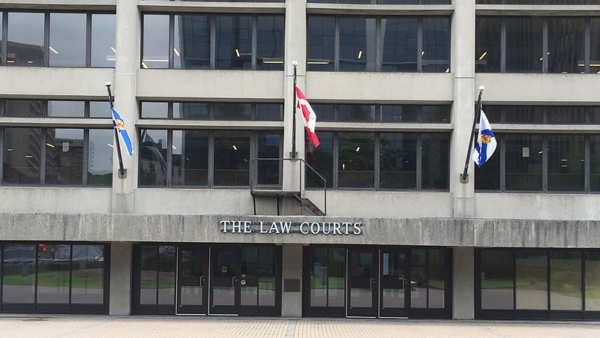Overview
Although there has been no prosecutorial guidance on HIV non-disclosure in Nova Scotia in recent years, several court decisions have narrowed the scope of criminalisation in the province.
In the first case (R. v J.T.C.) decided just one year after R. v Mabior in 2013, the defendant was accused of non-disclosure of his HIV status prior to sex. While on one occasion a condom was not used, expert testimony demonstrated that his viral load meant there was almost zero risk of transmission. The Court ruled that even in the absence of condom use, there was not a realistic possibility of transmission as required by Mabior, and therefore criminalisation was not appropriate.
In another case (R. v T.) determined in the first instance in 2016, the defendant had sex with two partners, in one case without using a condom but with a suspected low viral load – uncertainty as to the date of sexual intercourse meant that there was reasonable doubt about his viral load as he was without medication for a period – and in the other with a condom but without a suppressed or even low viral load. Relying on expert medical testimony, the Court found the defendant not guilty of aggravated sexual assault on the basis that there was at least reasonable doubt as to whether there was a realistic possibility of transmission. However, it did find the defendant guilty of the lower offence of sexual assault causing bodily harm on the basis of psychological harm caused to his partners while they underwent tests.
On appeal the defendant’s conviction was overturned. The Court of Appeal issued an important ruling which found that in the absence of evidence of a realistic risk of transmission, psychological harm arising from sexual activity could not itself vitiate consent to that activity, and therefore cannot lead to conviction for non-disclosure in HIV cases.
These cases demonstrate that the courts in Nova Scotia have been open to scientific evidence on transmission risks, and have been willing to accept factors beyond those considered in Mabior which may vitiate liability for non-disclosure, including use of condoms regardless of viral load, and an undetectable or even low viral load without condom use.
Research by the HIV Legal Network has identified eight non-disclosure cases in Nova Scotia from 1989-2020. The most recent HIV case was settled in 2021, when a man was sentenced to seven and a half months’ imprisonment with probation for non-disclosure prior to unprotected sex. The man became aware of his status a few weeks prior to the incident and was advised by his doctor to wear a condom during sex, however he failed to do so and did not disclose his status to a sexual partner. While his viral load is not clear from the reports, there was no suggestion that he had been taking medication.
For more information on the current state of the law and prosecutorial guidelines in Canada, visit the HIV Legal Network’s HIV criminalisation microsite.
Laws
Acknowledgements
One of the world’s leading organisations tackling the legal and human rights issues related to HIV, and advocating at both the policy and community levels.


